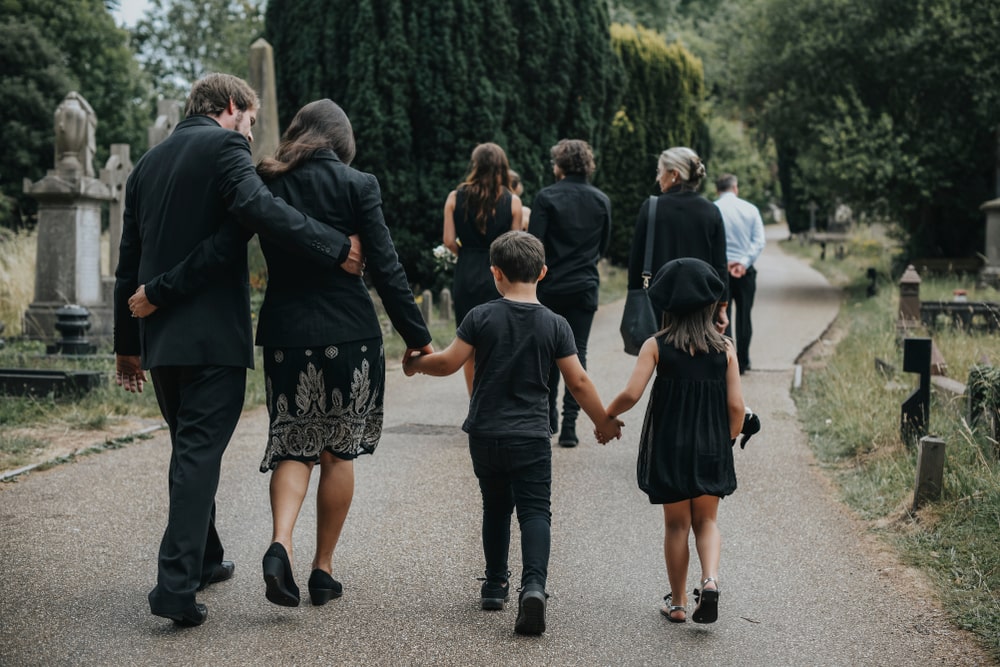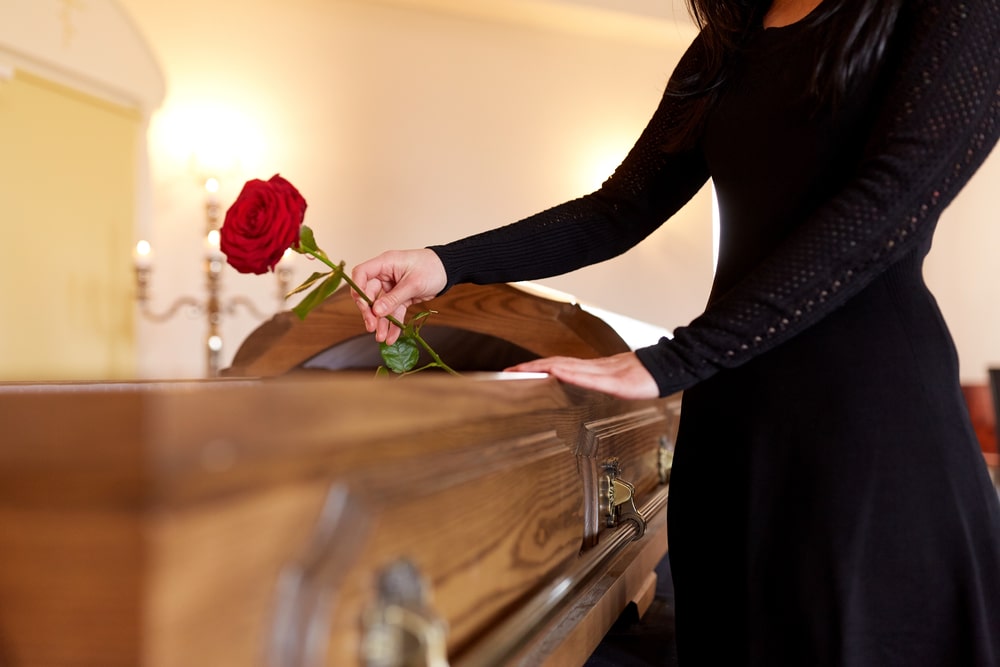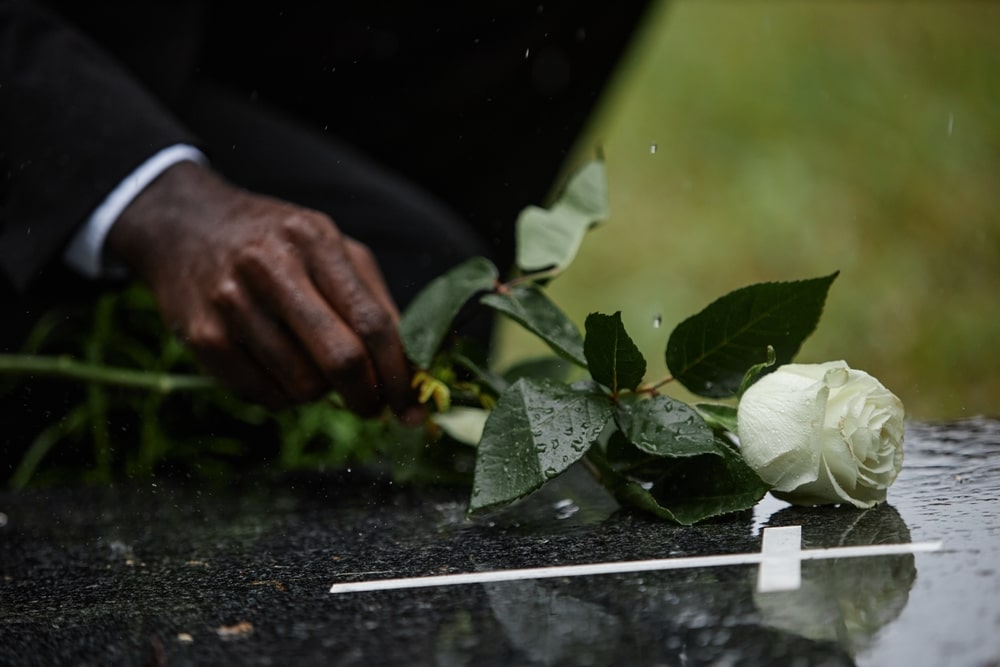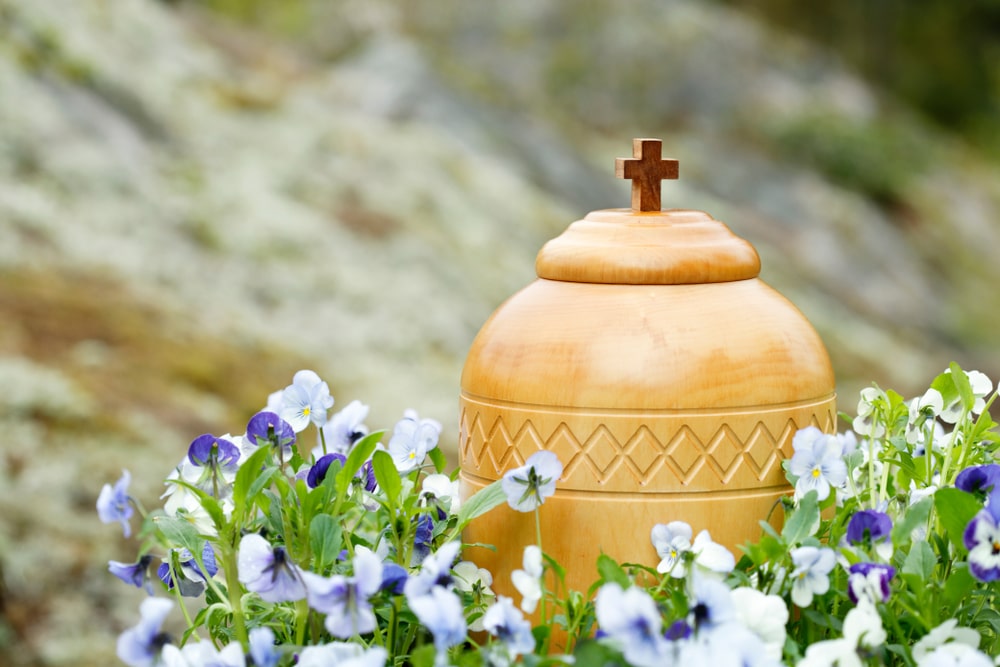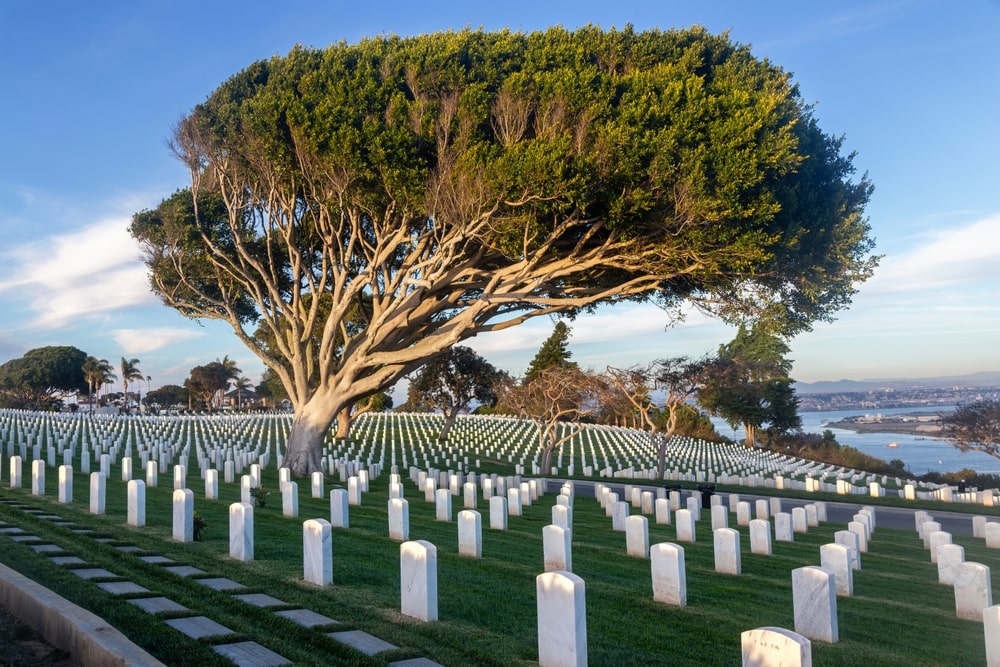Have you ever wondered about the purpose of a visitation when a loved one dies? Why don’t we just skip to the funeral? This article will share three key reasons why visitations are a crucial part of a healing and meaningful funeral experience.
Dr. Alan Wolfelt, nationally recognized grief counselor, author, and educator, says that in order to create a healing and meaningful funeral, you should intentionally incorporate seven elements: music, readings, visitation, eulogy, symbols, a gathering, and actions. He says, “People who take the time and make the effort to create meaningful funeral arrangements when someone loved dies often end up making new arrangements in their own lives. They remember and reconnect with what is most meaningful to them in life…strengthen bonds with family members and friends. They emerge changed, more authentic and purposeful. The best funerals remind us how we should live.”
Why Have a Visitation?
According to Dr. Wolfelt, one of the purposes of the funeral and visitation is to offer support for those who are grieving. We aren’t meant to walk through life alone, which is why the visitation is included in the seven elements of a funeral. The visitation is a time specifically set aside for friends, relatives, neighbors, and coworkers to come pay their respects to the person who has died and to offer condolences and support to the grieving family.
While it is common for the body to be present at a visitation, it doesn’t have to be. If the body is not present, it’s best to have some kind of representation of the one who has died, such as a prominently placed portrait, urn, or some other personalized display.
1. A Visitation Activates Your Support Network
As mentioned earlier, a visitation is one way to activate a community of support. Dr. Wolfelt puts it this way: “Funerals make a social statement that says, ‘Come support me.’ Whether they realize it or not, those who choose not to have a funeral are saying, ‘Don’t come support me.’” By including a visitation in your funeral plans, you give others the opportunity to show their love for you, support you, and offer words of kindness and sincerity. Who knows…someone may say exactly what you need to hear to find solace and comfort following the loss of a loved one.
2. A Visitation Provides Opportunities for More People to Participate
Often, friends, coworkers, and acquaintances want to offer their support but may not be able to make it to a funeral in the middle of the day because of work obligations, especially on short notice. Because a visitation typically takes place in the evening, it offers your extended network of friends an opportunity to show their support, even if they can’t make it to the funeral.
3. A Visitation Can be the Most Meaningful Part of the Service
The visitation is often the first time extended family, friends, and immediate family members will be able to gather in one place after a loss. For many mourners, this time is special because they are able to see many people they haven’t seen in years. It is often like a family reunion that becomes the most meaningful part of the service for some mourners. The visitation allows time and space to talk about the loss, express emotions, and generally feel the outpouring of love from friends and family alike.
What Are My Visitation Options?
If you do decide to include a visitation in a service you are planning, there are typically two main options to choose from. However, keep in mind that they are not either/or options. You could choose both!
Visitation the Day Before the Funeral Service
Your first option is to have the visitation the day or evening before the funeral service. By having the visitation the day before the service, you break up the length of the event, which may be helpful for the grieving family. Grief is exhausting, so splitting up the events of the funeral into more manageable chunks is often helpful. Also, people who may not be able to attend the funeral service still have the opportunity to show their support and pay their respects.
Visitation Just Prior to the Funeral Service
Your second option is to have the visitation just prior to the funeral service (usually the hour before). For some families, this option may work well because everything takes place on just one day. However, keep in mind, the day will be long for the grieving family. Because there is only one event to attend, everyone who would like to attend may not be able to come. Also, for those who can only stay for the visitation, it may feel awkward to leave before the funeral service.
Ultimately, you need to do what’s best for you and your family. Both of these options will help activate the support system you will need for your journey toward healing and reconciliation. Weigh the pros and cons of each option. Talk to your family. Ask a funeral professional about what works well and what doesn’t. Then, with the knowledge you’ve gained, make the decision that’s best for you and your family.



